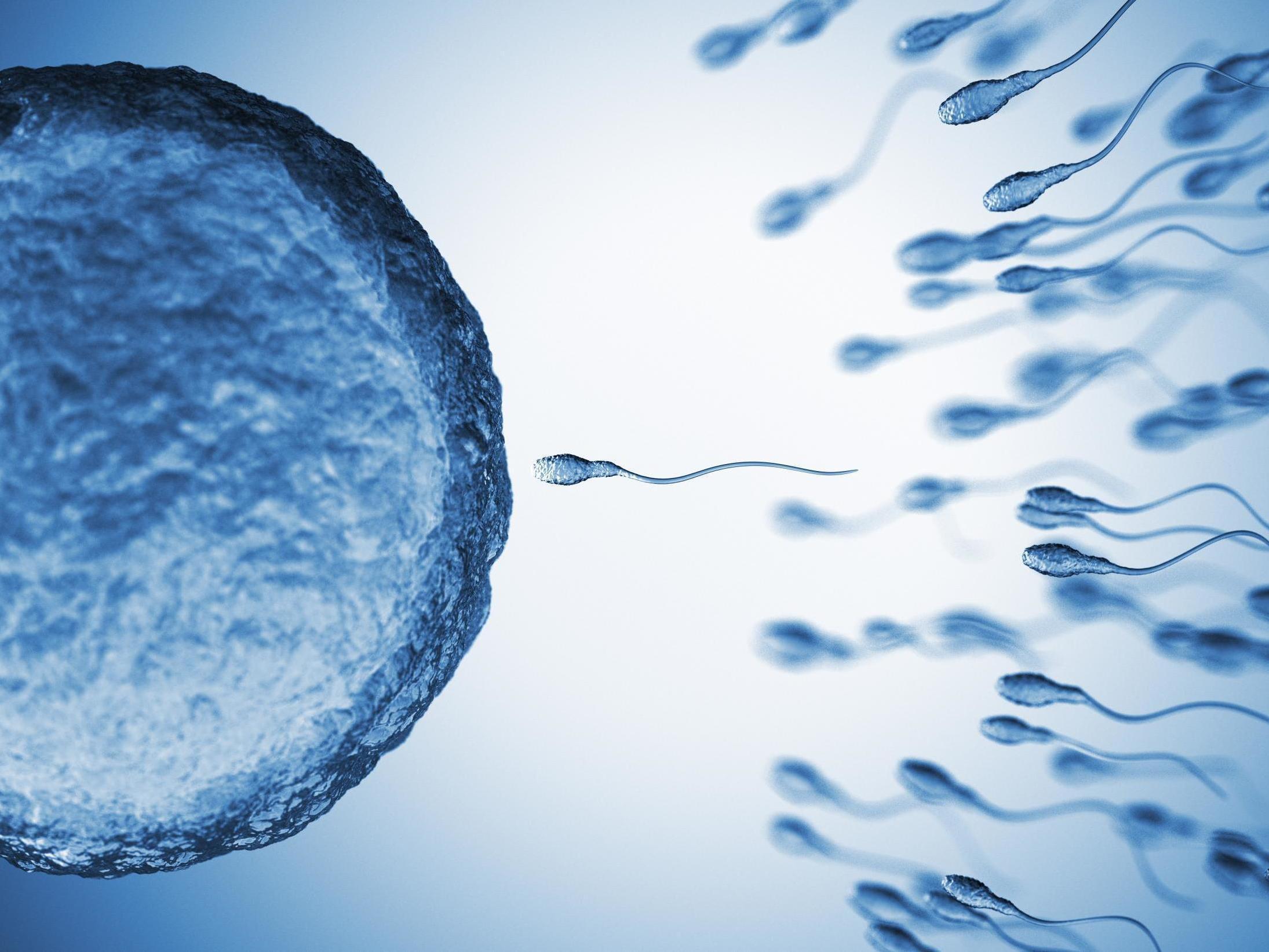Scientists find way to distinguish male sperm from female, which may allow couples to choose IVF boy or girl
Using this technique scientists could produce mice litters that were 90 per cent male

A new chemical treatment that can segregate male and female sperm could one day mean parents going through IVF could choose whether they have a boy or girl.
Scientists discovered the sperm with the X chromosome (which gives rise to females) slowed down when when a certain chemical was added while sperm with the (male) Y chromosome sped up.
In experiments with mice sperm, scientists found they could produce litters that were 90 per cent male, according to the study published in Plos Biology. When the slower sperm were used, litters were 81 per cent female.
The X chromosome has many genes while the shorter male Y chromosome has fewer, and this difference in gene expression meant scientists could distinguish between the two. Researchers, led by Masayuki Shimada from Hiroshima University, believe this technique is likely to be applicable to other mammals.
The process – which could be simple and cheap to carry out – does not damage the DNA of sperm and could greatly simplify sex selection for IVF or artificial insemination, which is used in livestock, scientists say.
Researchers say they have already used the method to selectively produce male and females in cattle and pigs, although they have not published research on this.
It is currently illegal in the UK to select the sex of the baby during IVF. Lead researcher Dr Shimada said: “Use of this method in human reproductive technology is speculative at the moment, and involves significant ethical issues unaffected by the utility of this new technique.”
Dr Peter Ellis from the University of Kent School of Biosciences, who was not involved in the research, said the findings could be extremely significant.
He said: “This study makes the startling claim that there are cell surface markers on X- and Y-bearing sperm cells that ‘label’ these and selectively affect their function.
“This type of marker has been sought for many years in many different species, but thus far without success.
“If this study were to be replicated – and in particular if it holds true in species other than mice – then the implications could be colossal for both animal and human artificial insemination and assisted reproduction, but we are certainly not at that stage yet.”
Professor Robin Lovell-Badge from The Francis Crick Institute said there was still a “long way to go” before finding out if this chemical has the same effect on human sperm.
“And while the mice born after the sperm sorting apparently appeared normal, it would be essential to verify that there were no long-term effects of activating these receptors prior to fertilisation,” he said.
“In other words, do not try this at home in attempts to bias the likelihood of having a boy or a girl,” he added.

Join our commenting forum
Join thought-provoking conversations, follow other Independent readers and see their replies
Comments
Bookmark popover
Removed from bookmarks